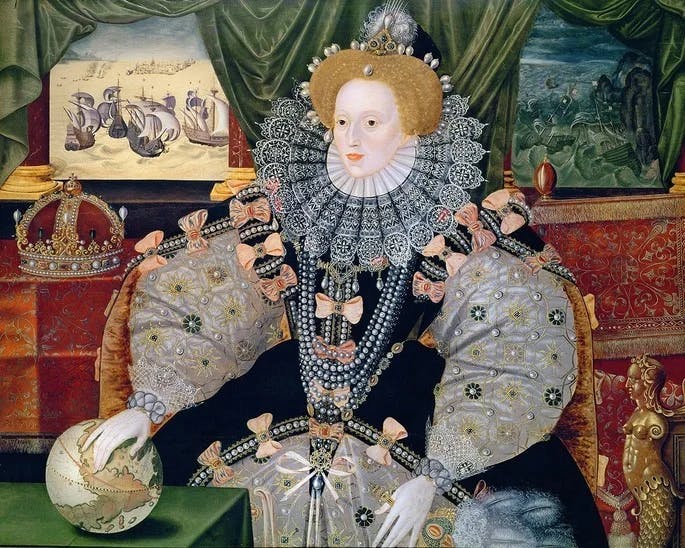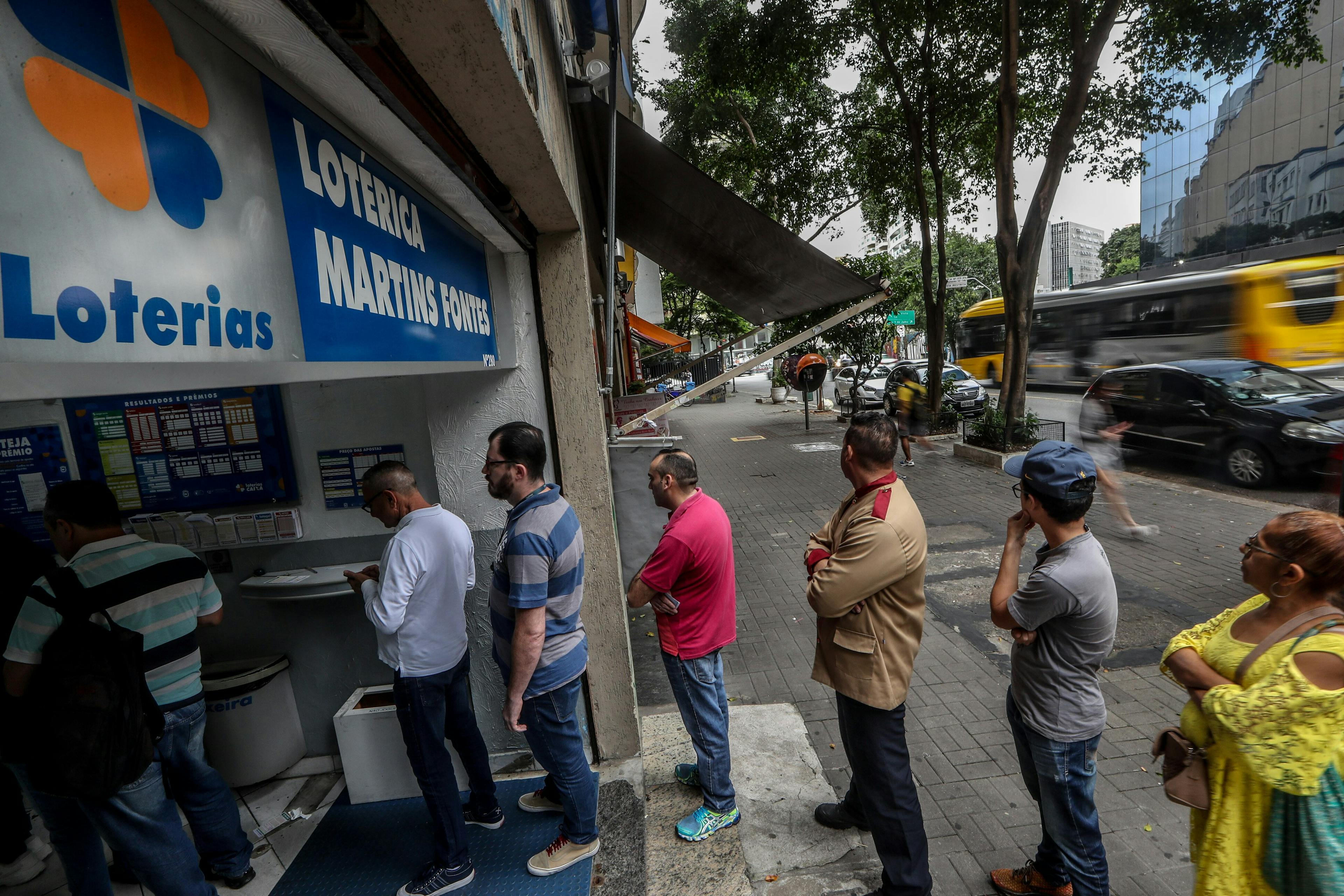Statistics of Lotteries – Part 2
In this article, we will explore some more surprising data about the behavior of players, winners, and even those who missed the chance to claim their prizes.
The Lottery House
tags:
curiosity
statistics

Beyound Luck, Numbers, and Fascinating Stories
If there's something that captivates people's imagination, it's the idea of winning the lottery. The promise of a transformed life, sudden wealth, and financial freedom is enough to lead millions to buy tickets in hopes of a stroke of luck. However, lotteries are not limited to prize distribution alone; they involve an intriguing tangle of statistics, curious stories, and deep contemplations. In this article, we will delve into some of the most intriguing facets of lotteries, from the impact of money on happiness to the historical roots of lotteries and the unexpected places where they find a place. Join us on this journey filled with numbers and surprising facts!
The Dilemma of Winners' Happiness

One of the most frequently asked questions about lotteries is as follows: will winning the prize truly make you happy? A survey of winners found that "yes," 55% of these people said that the money improved their lives; 43% said they didn't notice any difference in mood, while 2% had the misfortune of feeling sadder after the prize. This revelation makes us reflect on the complexity of happiness and how individual expectations can be challenged by unexpected gains.
The Ancient Origins of Lotteries

Lotteries are not a modern phenomenon. In fact, they have deep roots dating back centuries. The first lotteries date back to 100 B.C. in ancient Rome and even earlier periods in China. Augustus Caesar invented a lottery in which all the citizens of Rome could buy tickets for prizes consisting of treasures conquered by the army. Part of the proceeds was used to maintain the city's infrastructure. This ancient custom sheds light on how lotteries have historically been used to raise funds for public causes.
The British Nobility and the Lottery

These days, major draws take place in television studios, with the presence of some of the biggest celebrities of the moment. But pomp has always been a part of the lottery world. The first official lottery in the history of England featured none other than Queen Elizabeth I, 450 years ago. This curious fact reminds us that lotteries were once an entertainment enjoyed by the aristocracy, adding a touch of glamour to their origins.
Kings of Luck in Brazil

The state of São Paulo holds the record for the most prizes in the history of Mega-Sena, the largest lottery in South America and a favorite of Brazilians. The people of São Paulo have won 218 jackpot prizes. Closing out the top 3 are Rio de Janeiro and Minas Gerais, both tied with 83 prizes. On the other hand, Tocantins and Roraima have each been fortunate only once, making them the states with the fewest major Mega-Sena prizes. These statistics reveal that while luck is an important factor, certain regions seem more inclined to attract lottery fortune.
From the Vatican to Charity

Even the Vatican has its own lottery. Tickets cost 10 euros, and the prize is a car. All proceeds go to charity. This gesture reminds us that even in religious institutions, lotteries can be used to promote altruistic causes, demonstrating that the appeal of lotteries transcends borders and beliefs.
Conclusion:
As we explore these statistical curiosities about lotteries, it becomes clear that these games of chance are not just about drawn numbers but also about fascinating stories and profound reflections on the nature of fortune and happiness. While statistics can provide us with interesting insights, the true wealth of these stories lies in how they continue to captivate our imagination and remind us that in life, the unexpected always lurks in the shadows, ready to surprise us.